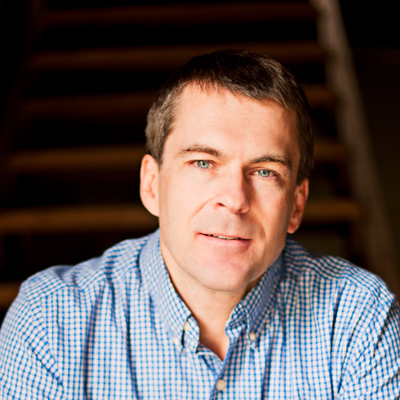
At long last, students’ end-of-semester studying and stress have yielded to picnics, barbecues, and other festivities culminating in commencement. At one gathering, I had the privilege of addressing the graduating seniors of our men’s and women’s residences. “My commission to you today,” I began, “is probably not what you expect. It’s not what you are likely to hear at commencement, nor what you have likely heard from most Christian teachers and preachers. My advice to you upon your graduation is this: Be ordinary.”
Cornell students have heard that they are smart, special, and privileged; that they should be role models, do great things for God, and change the world. Although there is truth in these things, framing faith within the cult of success has led to unhealthy and unsustainable levels of stress, fatigue, and feelings of inadequacy.
This is the theme of theologian Anthony Bradley’s viral tweet and subsequent article on the millennial generation’s ‘narcissism epidemic.’ “A few decades ago, an entire generation of baby boomers walked away from traditional churches to escape the legalistic moralism of ‘being good,’ but what their millennial children received in exchange … was shame-driven pressure to be awesome and extraordinary young adults expected to make a difference in the world immediately.” This striving to succeed, Bradley says in words that echo Jeremiah 29, leaves young adults feeling as if it’s not enough to just marry and have children, get a job, and be a good citizen–not enough, that is, to simply love God and neighbor.
To be sure, Chesterton House encourages students to take their studies seriously and even to cultivate “the life of the mind.” Academic excellence, however, is best grounded in a comprehensive vision of what it means to be human. To put figure and frame in their proper perspective, the pursuit of excellence must take place in the broader context of our calling as disciples of Jesus.
Bradley connects the dots well. What we need, he says, is not a cycle of reacting against the ethos of previous generations, which has led to boomers moving to suburbs and millennials migrating back to Brooklyn. What we need is rather a robust vision of the good life in which human flourishing “is characterized by a holistic concern for the spiritual, moral, physical, economic, material, political, psychological, and social context necessary for human beings to live according to their design.” Invoking Abraham Kuyper, he asks, “What if youth and young adults were simply encouraged to live in pursuit of wisdom, knowledge, understanding, education, wonder, beauty, glory, creativity, and worship in a world marred by sin?”
Bradley is singing our song. At Chesterton House, we also introduce students to Kuyper for his emphasis on the legitimacy of finding one’s calling in any and every sphere of society, whether art, business, engineering, hospitality, law, literature, medicine, nutrition, or zoology. “Perhaps the best antidote to these pendulum swings and fads,” Bradley concludes, “is simply to recover a mature understanding of vocation so that youth and young adults understand that they can make important contributions to human flourishing in any sphere of life because there are no little people or insignificant callings in the Kingdom.” At commencement time, this reminder that Christian virtues are mostly made manifest in small, ordinary acts of everyday love is a word in season.
Related artice recently discovered: Tish Harrison Warren, Courage in the Ordinary


